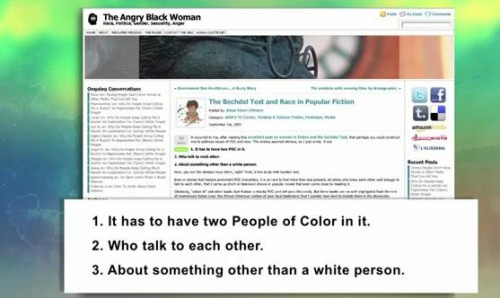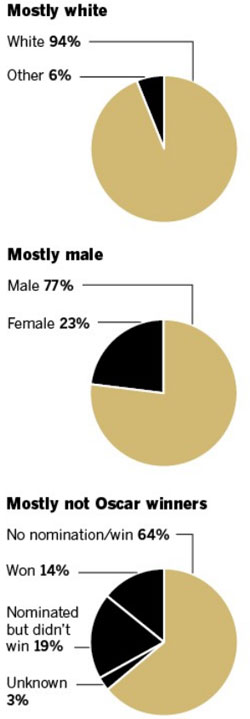 In his book, Great American City, sociologist Robert Sampson argues that, while the effects of macro factors like poverty and political neglect on individual lives are well-documented, other local mechanisms matter too. It’s important, then, to think about the constitution of neighborhoods.
In his book, Great American City, sociologist Robert Sampson argues that, while the effects of macro factors like poverty and political neglect on individual lives are well-documented, other local mechanisms matter too. It’s important, then, to think about the constitution of neighborhoods.
Along these lines, he argues, even if a community is economically- and socially-marginalized, an existing neighborhood organizations can make a big difference. He takes natural disasters as a case study. A neighborhood organization can spread the news of an impending disaster, establish leadership, and organize assistance before, during, and after a crisis. In this way, Sampson brings together micro, meso, and macro forces shaping the impact of disaster.
Lisa Wade, PhD is an Associate Professor at Tulane University. She is the author of American Hookup, a book about college sexual culture; a textbook about gender; and a forthcoming introductory text: Terrible Magnificent Sociology. You can follow her on Twitter and Instagram.








